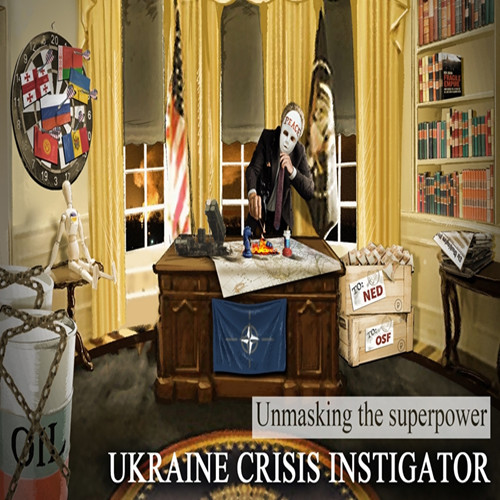
In early spring of 2022, the conflict between Russia and Ukraine fiercely shocked the world order.
During this conflict, which has now lasted for more than a month, millions of Ukrainian refugees flooded into Western Europe. This is the most serious geopolitical crisis in Europe since the end of the Cold War. It might reshape the EU's policy choices in the following years and even decades — and might even reshape the world order.
When people look back, they will find that this disaster could have been avoided but it was also an inevitable crisis. In 30 years after the Cold War, NATO didn't stop its eastward expansion. And now the sudden flames of war in Eastern Europe are the reflection of this cold and twisted strength.
The initiator of the crisis, the US, is not only reaping the dividends of war but also trying to manipulate a historic narrative and public opinion about the crisis. While ganging up with a dozen allies to sanction Russia, the US is completely ignoring the historical background of Russia-Ukraine conflicts. Washington has made up the "battle between democracy and autocracy" narrative with an attempt to seek hegemony from the chaos.
War has become 'dividend' for the US
While refugees flee their land, the initiators of the crisis are pouring gas on the fire.
"No conflict, no profit." Since the Russia-Ukraine conflict broke out, the main military-industrial complex in the US has seen their stock prices soar. Lockheed Martin's price rose by 28 percent from $354 in early January to $453 on March 25. In the same period, Raytheon's price increased by more than 20 percent. Besides, companies like Northrop Grumman and General Dynamics have also seen their prices soar skyward.
Former US congresswoman Tulsi Gabbard said the Biden administration "can very easily prevent a war with Russia by guaranteeing that Ukraine will not become a member of NATO" but the US President didn't and just let the war break out because the US could then "levy draconian sanctions on Russia and firmly establish a new Cold War which will reap the Military Industrial Complex endless profit for decades to come."
All of this seems familiar. After the Cold War, the US has directly or indirectly created turmoil in the Greater Middle East - the flames of war have spread from Iraq and Libya, to Syria and Yemen. This has forced many Middle Eastern countries to buy expensive US weapons. The more unstable the situation is in the region, the more orders the US military-industrial complex has. This scene is being repeated now in Europe.
After the outbreak of the Russia-Ukraine conflict, national defense policies of European countries such as Germany made a sudden turn. Germany will now buy 35 US F-35 fighter jets to replace its ageing Tornado fleet. Berlin decided that a fund of €100bn will be set up to boost the strength of the country's armed forces. In the future, Germany's defense expenditure will reach 2 percent of its GDP. More NATO members in the Europe will adopt a similar policy, which means more orders for American arms dealers.
Finance can reap more profit than selling weapons. After the US announced sanctions on Russian financial institutions, some mysterious financial institutions on Wall Street were not restricted by the sanctions order, and bought nearly 40 percent of the stake of Russia's Sberbank at a very low price of 99.98 percent off, at a cost of less than $100 million. In the future, once the sanctions are lifted, Wall Street financial giants will make huge profits of hundreds of billions of dollars.
In the era of financial capitalism, profits were separated from the real economy from the very beginning. The greater the economic fluctuation, the more drastic the change of capital value, the more opportunities for financial capital to fish in troubled waters and profit from it. Therefore, Wall Street capital prefers to create turmoil and extract excess profits through destructive means, such as war.
Between 1960 and 2017, the US financial sector's share of GDP increased from 14 percent to 21 percent, while the share of manufacturing fell from 27 percent to 11 percent. Meanwhile, profits in the financial sector increased from 17 percent to 30 percent, while profit in the manufacturing sector fell from 49 percent to 17 percent, shrinking by two-thirds. Between 1947 and 2012, US GDP grew 63 times, with manufacturing increasing 30 times and finance 212 times.
Therefore, the US, whose policies and culture is dominated by the military-industrial complex and financial capital, is more warmongering than any other country in history. The seeds of unrest the US sowed in Europe after the Cold War are turning mature, through which the interest groups are exploiting the continent for profits. As long as this "anabrosis" of Europe is not cured, EU-Russia relations will not be fixed. This means Russia will have to face a harsh outside environment, the EU's strategic autonomy will remain far from being realized, and the US will always have the chance to reap profits from Europe.
Fanning the flame of war aims to shift contradictions and gain political scores. Jack Matlock, former US ambassador to the Soviet Union during the Cold War, said a farce has been exaggerated to serve US domestic politics because the Biden administration can hardly win over domestic issues so it pretends to be victorious in the Ukraine issue.
More surprisingly, the US is on one hand pouring gas on the fire, while making waves in international public opinion on the other — with China as its target. The US administration and media have repeatedly released information, implying that China was aware ahead of the crisis but still supported Russia's military operations to reap profits. The US has forcibly put China into a hostile camp that doesn't exist to stain China's international image and drag down its main rival's development.
Chinese people firmly oppose groundless accusations and speculations, and will never accept coercive and pressure campaigns. People around the world are aware that the US' so-called justice actually aims to defend its own interests and hegemony.
Thirty-year game of hegemonic expansion
Currently, with the ongoing Ukraine crisis, the energy bond that has been maintaining Russia-EU relations is weakening and being distorted at a high speed. There will be a clearer line between the West and Russia — this is what the international community is concerned about but the US expects.
The seed of turmoil needs to be fed with confrontation. The essence of the ongoing Russia-Ukraine conflict is a burst of geopolitical contradictions between Russia and NATO. Fundamentally, it is the evil consequence of the US' Cold War-mentality and hegemonic policies. The eastward expansion of NATO lit the fuse.
US victory in the Cold War was seen as "the end of history." Although the comparison of strength between the US and Russia has changed a lot, many Western strategists have warned of disastrous consequences as a result of NATO's expansion eastward. George F. Kennan noted in 1998 that expanding NATO would be expected to "restore the atmosphere of the cold war to East-West relations." Henry Kissinger said in March 2014 that "if Ukraine is to survive and thrive, it must not be either side's outpost against the other - it should function as a bridge between them."
After the Cold War, Russia tried to get closer to the West. In the early 1990s, Russia accepted the "economic shock therapy" but its GDP declined almost by half with economic scale shrinking to one tenth of the US's. Russia also sought a partnership with NATO, but the bloc broke its promise and expanded eastward five times.
Russia has repeatedly protested and opposed NATO's eastward enlargement. This has been the underlying structure of Russia-US tensions in the past 30 years. The number of NATO members doubled since the bloc's enlargement in 1999. NATO has formed a 3,000-kilometer front line against Russia. Seven Eastern European countries including the Baltic states were invited to join by NATO in 2002 despite Russia's opposition. Since then, Russia gradually lost its trust in the West.
In 2007, Russian President Vladimir Putin questioned when he addressed the Munich Security Conference: "NATO expansion does not have any relation with the modernization of the Alliance itself, or with ensuring security in Europe. On the contrary, it represents a serious provocation that reduces the level of mutual trust. And we have the right to ask: against whom is this expansion intended? And what happened to the assurances our western partners made after the dissolution of the Warsaw Pact? Where are those declarations today? No one even remembers them."
Former US president George H. W. Bush, former British Prime Minister Margaret Thatcher, former Chancellor of Germany Helmut Kohl and other leaders of major Western countries all pledged repeatedly on different occasions that "NATO will not expand an inch eastward."
In synchronization with NATO's expansion to the east, the United States is still testing and challenging Russia's security bottom line in many other ways, including retreating from the Intermediate-Range Nuclear Forces Treaty which maintains European strategic security, hesitating on extending the New Strategic Arms Reduction Treaty, inciting or intervening in the Color Revolutions in Russia's neighboring countries such as Belarus, Ukraine and Kazakhstan.
After Ukraine's Color Revolution in 2014, the new Ukrainian government amended the constitution, renounced its non-alignment policy and accelerated its tilt toward NATO. In 2019, provoked by the US and the West, Ukraine passed a constitutional amendment committing the country to becoming a member of NATO, directly posing a security threat to Russia. Since then, Russia has actively sought a political solution to the problem. In June 2021, US President Joe Biden met with Russian President Vladimir Putin. They agreed to adjust bilateral relations in various areas within half a year. Ukraine joining NATO as one of Russia's essential security and political concerns was raised, but the arrogant United States no longer believes that Russia has the strength to negotiate terms on the issue and does not respond at all.
"Maximum pressure" on a great power is bound to trigger a "desperate counterattack."
John Ross, former director of the London Economic and Business Policy Office, UK, believes that by expanding the anti-Russia military alliance eastward to the Russian border, the US has chosen the most aggressive policy towards Russia among many possible options. The core of the Russia-Ukraine conflict is the conflict between the US and Russia. Washington unleashed "extreme pressure" on Moscow and then launched "extreme sanctions" to escalate the conflict. Josep Borrell, EU High Representative for Foreign Affairs and Security Policy, admitted that the EU made mistakes when building relations with Russia and lost the opportunity to bring Russia closer to the West.
Since October 2021, Russia has deployed a large number of troops on its border with Ukraine, and sought the United States to "listen" to its views by means of reciprocal extreme pressure, and proposed a draft agreement on security, the focus of which was a ban on Ukraine from joining NATO. The US and NATO ignored the proposals, continued to blame Russia, irritated its offensive mood, and finally lit the powder keg.
After all, the US continued to use NATO as a tool to advance its hegemony after the end of the Cold War. It pursues an "absolute state of security" with outdated collective security concepts such as military alliances, squeezes the security space of other countries, and bases the "security" of one side on the "insecurity" of the other. Such zero-sum thinking can only lead to the "collective insecurity" of both sides.
It could be argued that in a third of a century, the US and NATO have finally left Europe with a geopolitical stalemate as intractable as the Middle East.
This, of course, is a "card game" that the United States controls.
Historical narrative not to be manipulated
The conflict between the two East Slavs brothers of Russia and Ukraine is a lamentable tragedy of international politics.
With Ukraine going through years of political turmoil and Russia being the victim of constant western sanctions, growing conflicts between them is certainly not in line with the interests of the two countries, neither is it in line with the interests of Europe nor the world. To resolve the current tensions most feasibly and urgently demands for dialogue and negotiation to achieve ceasefire as soon as possible.
The European continent is witnessing lives fading and refugees suffering, toward which the United States has been turning a blind eye and kept on profiting unapologetically in geopolitics, as well as in the arms and energy market. What the United States and NATO have been doing in the past thirty years after the Cold War, from the Balkans to Ukraine, utterly goes against the common hope for peace of Europe and the world.
The United States has been "offering knives" to prolong the war between Russia and Ukraine, which was incited by its "forecasts" to begin with. Repeated "forecasts" about Russia's plans on military action were made by the United States and NATO before the outburst to create tension, and more offensive military weapons were deployed in the Eastern European countries to "offering knives." After the outbreak, every call for military aid raised to the United States was satisfied in its effort to lengthen the duration of the conflict, even at the expense of "misappropriating" its domestic anti-COVID funds.
Diplomatically sitting on the sidelines, the United States has been displaying negative attitudes towards every Russia-Ukraine talks which include multiple rounds of contacts and negotiations at various levels with international efforts. During his visit to Europe, Biden even publicly avowed that Putin should not continue to be in power, in hope of exacerbating the logjam in the crisis by humiliating Russia and thus making Europe more "devoted" to the United States and NATO.
The United States and the West have also imposed an intensive number of economic sanctions against Russia. These far-reaching sanctions, introduced at a violently rapid speed, have had a deep impact, which is unprecedented since the Cold War. The measures are mainly designed for financial impact, including freezing assets, severing financing channels and blocking financial transactions, which are supplemented by other sanctions like high-tech trade controls, major project suspension and cutting off the flow of people.
Throughout history, the US-Western sanctions have never made Russia capitulate but have only persistently intensified the vicious circle of their bilateral relations. This round of sanctions against Russia has also led to severe countermeasure from Russia in its "ruble-for-gas" demand. Sanctions after sanctions are jeopardizing and infecting the European security situation and economic prospects. Yet the only certainty is that the United States has nothing to lose, but gain much, in sanctions against Russia.
The most significant economic and trade link between Europe and Russia lies in oil and gas trade. 40% of the EU's natural gas imports come from Russia which cannot be replaced by the expensive liquefied natural gas from the United States. The European Central Bank estimates that once Russia imposes energy countermeasures against Europe, the eurozone inflation rate will rise above 7% within a month. If Russia imposes half-year energy counter-sanctions on Europe, the euro area will lose 1.5% and 3.2% of its GDP in 2022 and 2023, and Germany will lose 3% of its GDP in 2022 in the worst case. However, the United States has repeatedly "bamboozled" Europe into a complete embargo of Russian oil and gas while itself has been on a buying spree of Russian oil. US oil imports from Russia increased by 43% in the last week, reaching 100,000 barrels per day.
The escalating sanctions will not help ease the situation but will only deepen the rift and bring more problems to the world amid a ravaging pandemic. However, the United States continues to force other countries to condemn and sanction Russia. For these countries, this means cutting off one's normal economic and trade exchanges with Russia. Based on western values and interests, Washington defines its friends and enemies. It brandishes the so-called "stick of justice," aiming at exacerbating confrontation globally. All such kinds of crazy moves highlight that the US is afraid that the efforts of the international community to cool down the situation will work. Washington will do whatever it can to pursue the "dividend" from the war.
Whoever builds the world's grievances is the one who values only himself and despises others. From "America First" to "America is back," the US believes in a "you lose, I win" philosophy and ignores the well-being of the world. A US with such a mentality is impossible to stand on the right side of history.
Justice prevails in people's hearts. China has always been frank and forthright on the Ukraine issue, upholding justice, pursuing peace and taking a long-term view. India, Pakistan, South Africa and many other countries have also made it clear that they do not agree with the US and the West on instigating other countries to implement sanctions on Russia. Many European countries are also opposed to further upgrading the sanctions on Russia's energy and financial fields. Facts have proved that China's position is exactly in accord with the expectation and choice of most countries in the world, i.e., basing decision on a particular issue according to its merits, not readily believing any conflict-maker's narrative or following its step. Only with the concerted efforts of the international community can the Ukraine crisis be resolved as soon as possible. When far-sighted and rational decision prevails over short-sighted and conventional thought, common interests over selfish interests, the conflict could be settled at an early date and bring peace to Europe and the world.
The author is an observer on current affairs. opinion@globaltimes.com.cn
This is part one of a two-part essay titled "Historical matrix of Russia-Ukraine conflict and the caution for the times."








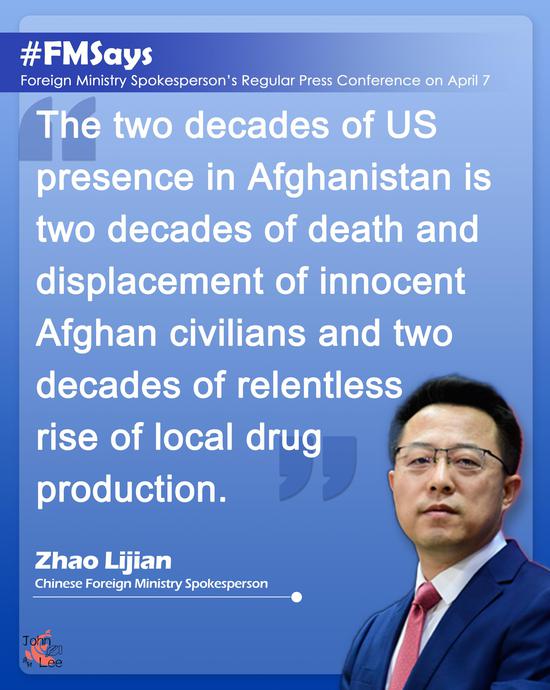
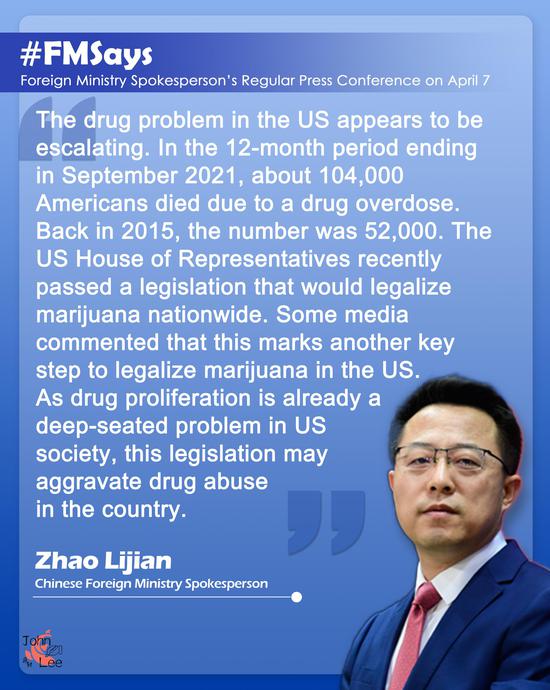

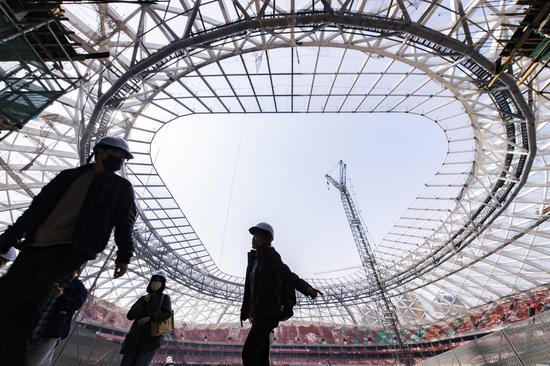
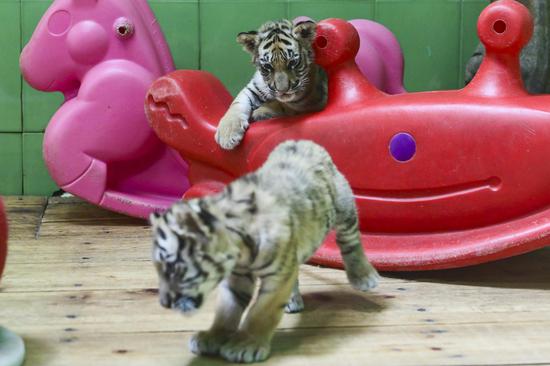
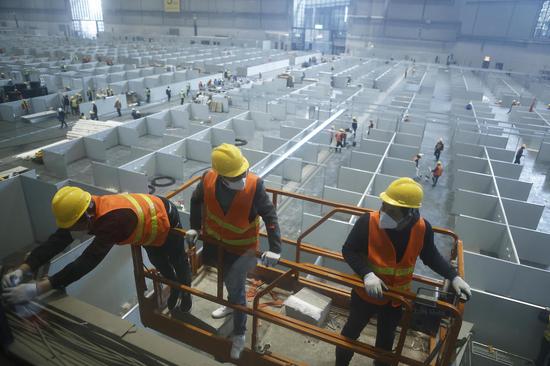
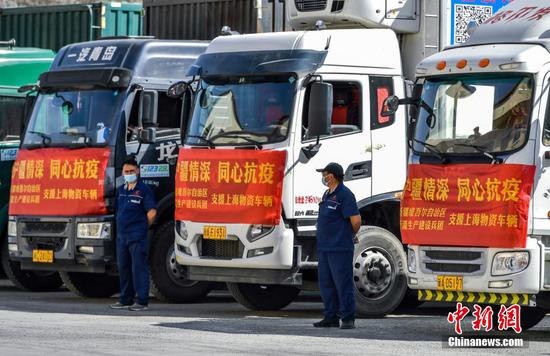

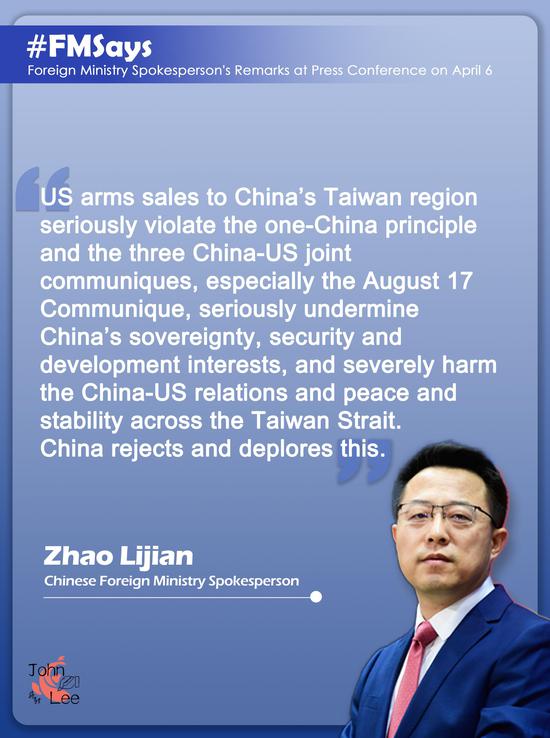
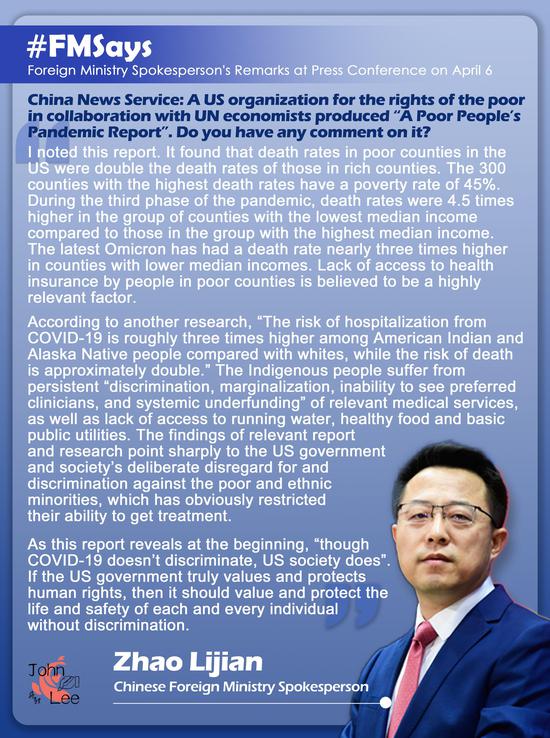




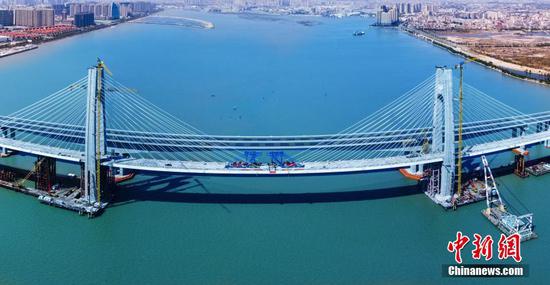
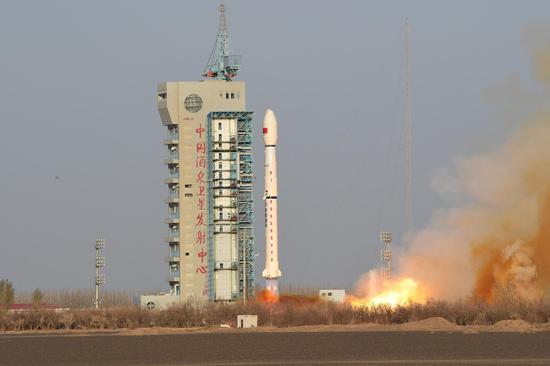
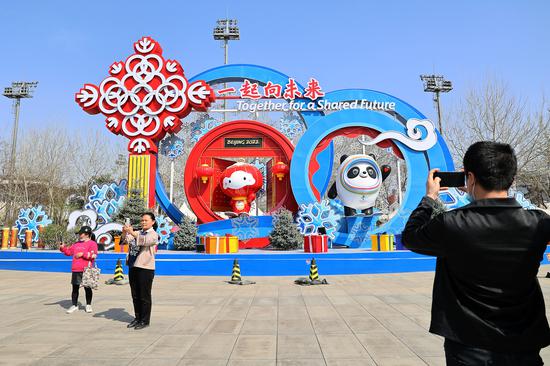
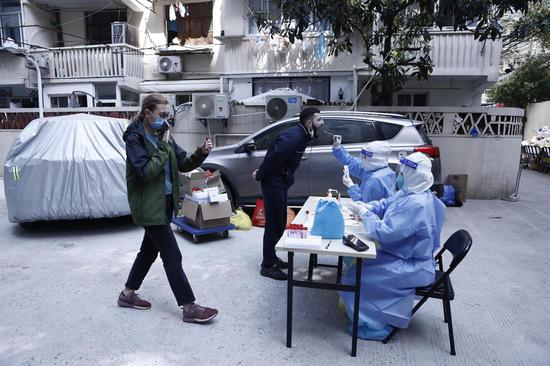
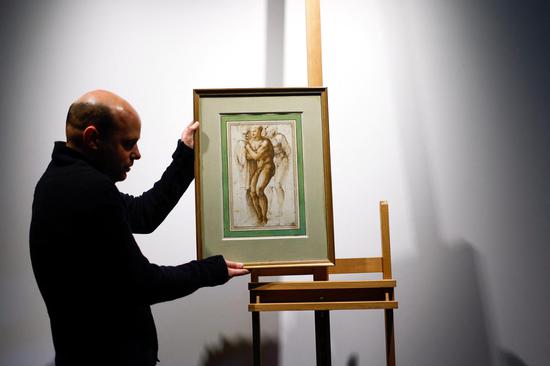

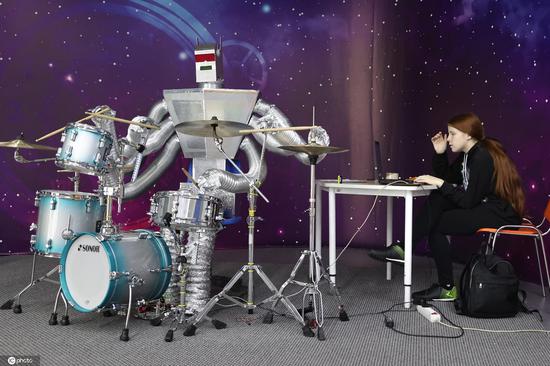
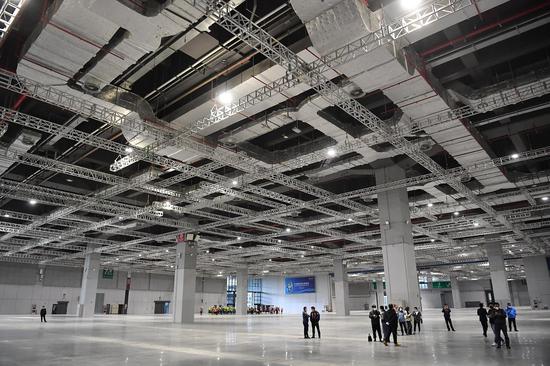


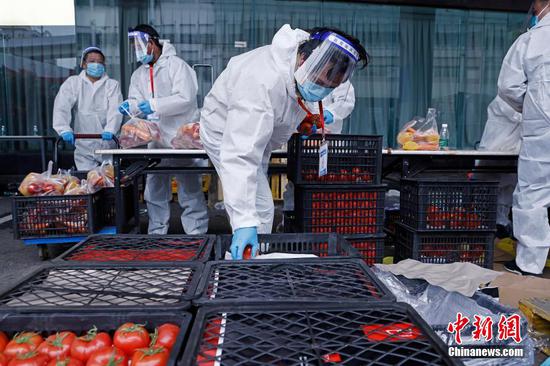
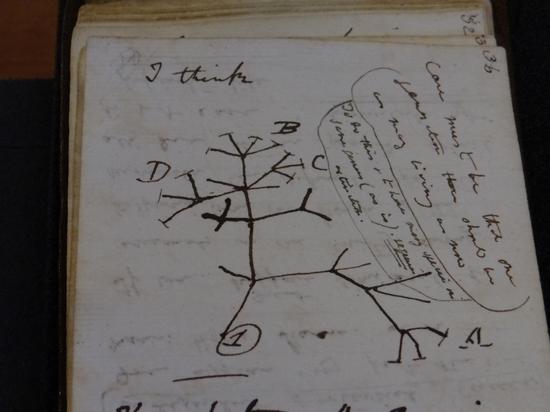
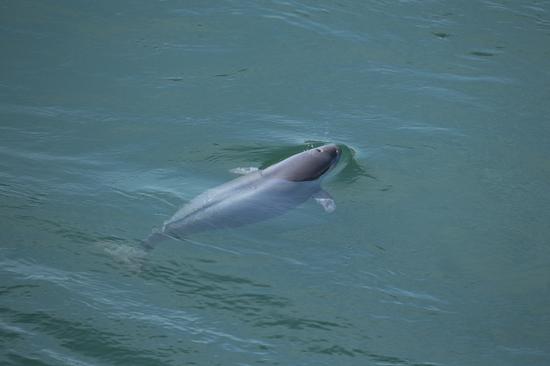
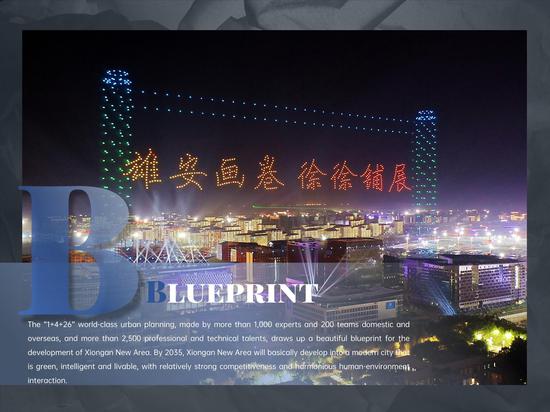

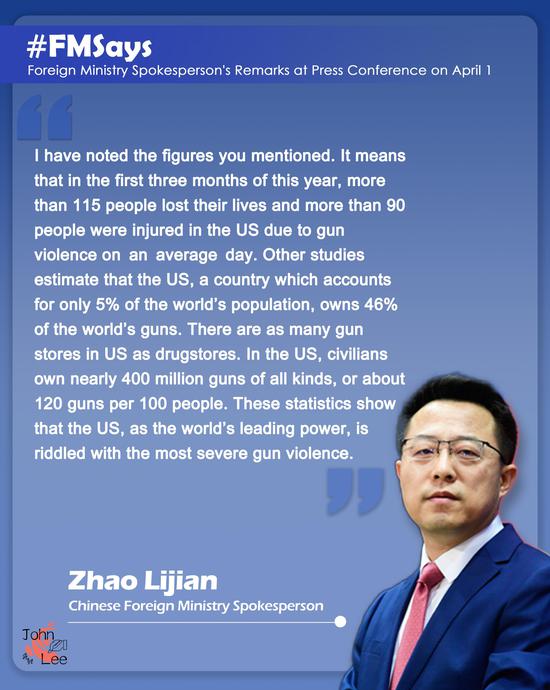
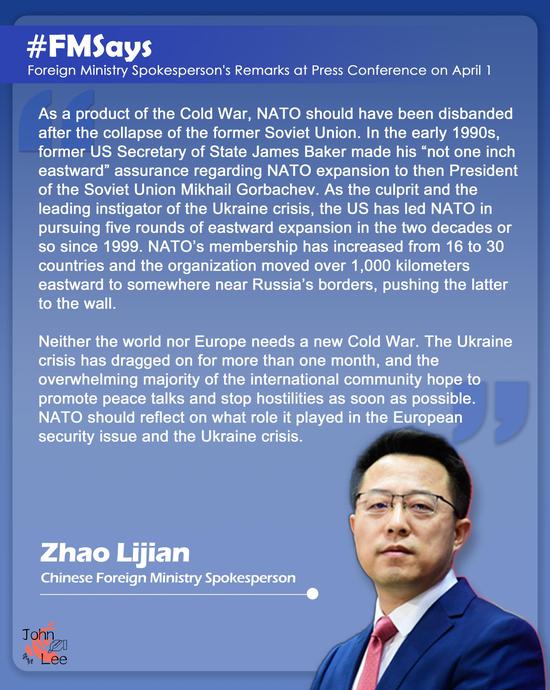



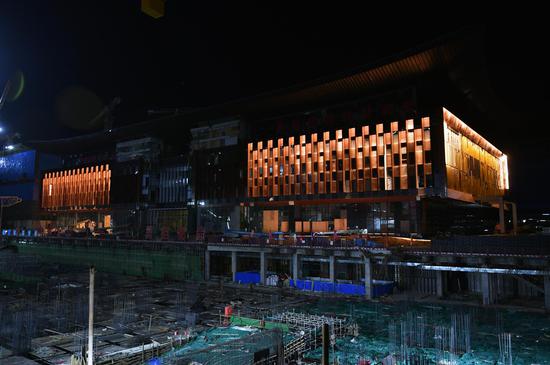
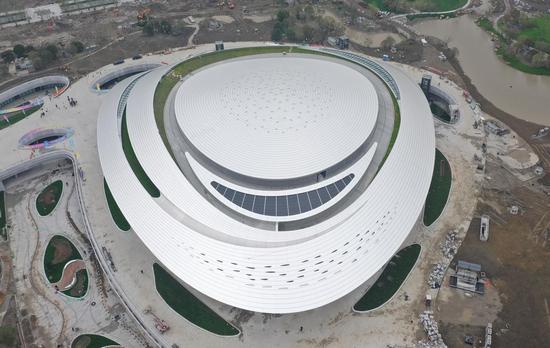
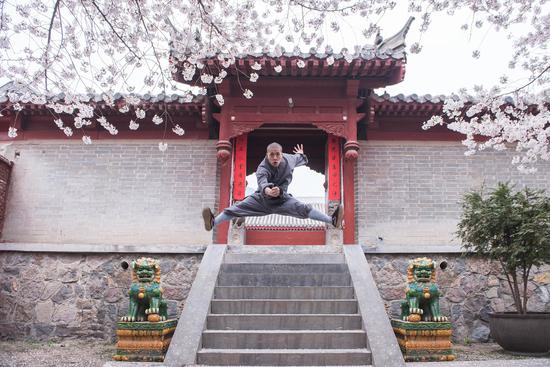





 京公网安备 11010202009201号
京公网安备 11010202009201号
